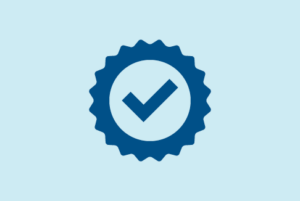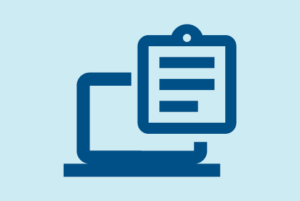The California Association of Health Plans (CAHP) has filed a lawsuit to invalidate a provision in Senate Bill (SB) 510 that requires health plans and health insurers to pay for workplace COVID-19 testing performed retroactively to March 4, 2020 — the date Gov. Newsom declared a state of emergency due to the pandemic.
SB 510 was signed by Gov. Newsom on Oct. 8 and takes effect Jan. 1, 2022. The bill requires health plans and health insurers to reimburse both in-network and out-of-network providers for COVID-19 testing and related services without any cost-sharing, prior authorization, or other utilization management requirements. CHA supported this bill. The governor has directed the Department of Managed Health Care to issue regulations for reimbursement rates for this testing.
SB 510 is especially important to hospitals for two reasons: (1) it requires plans and insurers to pay for COVID-19 testing of workers in a workplace setting, even if they are asymptomatic and have no known exposure, and (2) it requires plans and insurers to pay for testing with dates of service retroactive to March 4, 2020. The bill, therefore, allows hospitals to receive reimbursement for testing their employees as required or recommended by the California Department of Public Health.
The CAHP lawsuit challenges the retroactivity requirement only. It does not challenge the requirement to pay for COVID-19 testing of workers in a workplace setting when those tests are performed after Jan. 1, 2022. CHA will monitor the lawsuit and keep hospitals informed of developments.



